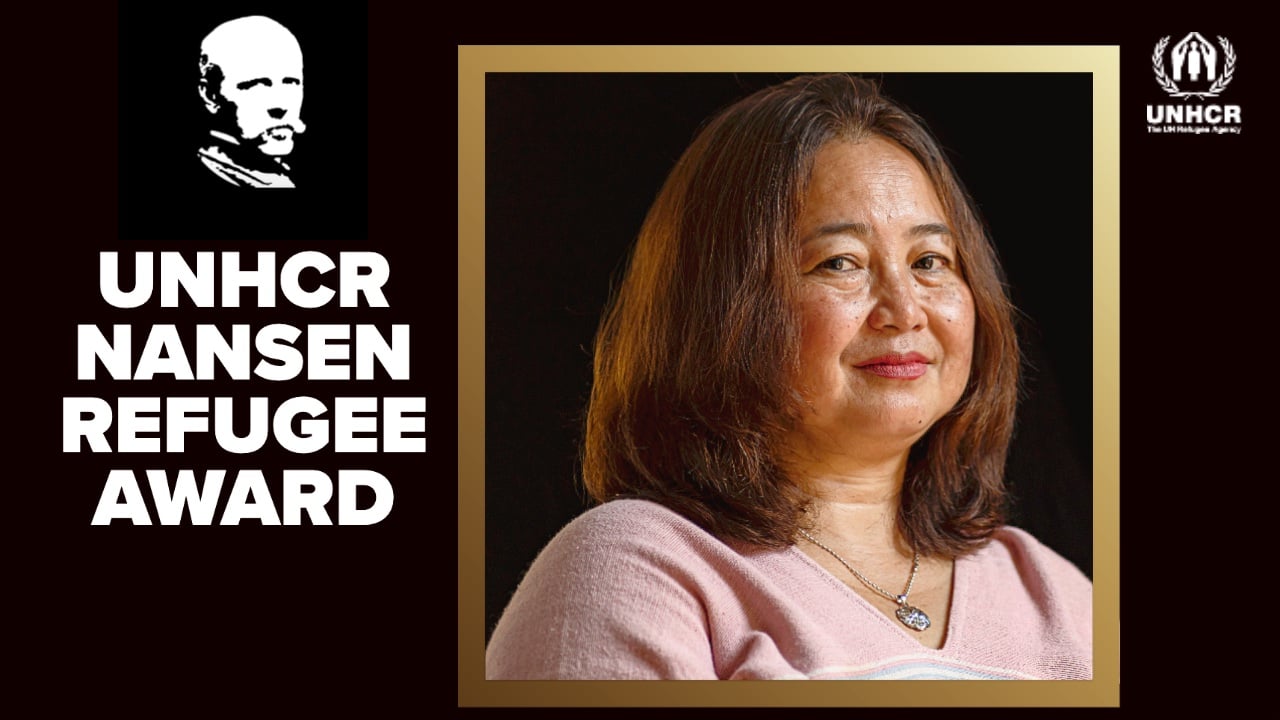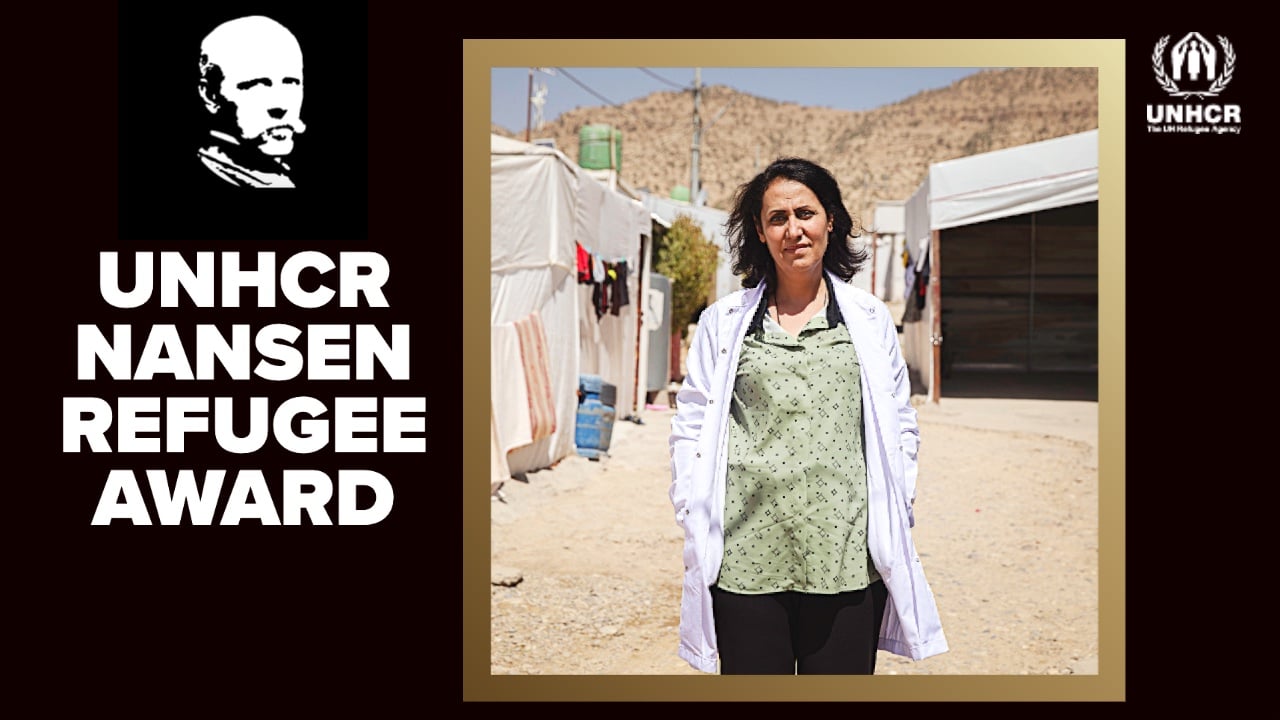Threats force 2,000 Colombians to flee from countryside
Threats force 2,000 Colombians to flee from countryside

BOGOTA, Colombia, 22 January (UNHCR) - Some 2,000 people have fled the countryside and taken refuge in cities and villages after receiving threats from irregular armed groups in the eastern Colombian region of Arauca.
Around half are in the city of Saravena, either staying with friends and families or in public buildings like schools and colleges. The other 1,000 have arrived in the cities of Tame, Arauquita, Fortul and the departmental capital, Arauca, as well as smaller villages.
A UNHCR team on the ground says in some parts of the department, and especially around Tame, the countryside is almost empty. People began fleeing to the cities during the second week of January after rival irregular armed groups issued threats to those in the countryside.
"We are caught up between two hard stones and whatever we do we end up in trouble," one farmer in a village near Tame said. "Some of them say we have to go, others say we must stay. We end up being friends neither with God, nor with the devil."
The government and several NGOs report the killing of several community leaders since the start of the year. Others are said to have disappeared.
Local authorities and the International Committee of the Red Cross are distributing emergency humanitarian assistance. The local authorities have reacted quickly but have requested regional and national help because the scale of the displacement is overwhelming their capacity.
Many children are among the displaced and there is concern, especially in Saravena, that the arrival of so many people in the past two weeks could threaten the health situation. In addition, the school year has just started and there is concern that children could miss out on education - which Colombian law guarantees for every displaced child - unless there is rapid action.
The violence is also affecting two local indigenous groups, the Guahibos and the Siriri-Catleya. Around 150 Guahibos have fled their territory to take refuge in Tame, while some 45 families (around 300 people) of the Siriri-Catleya group have arrived in the village of Betoyes.
"The displacement of indigenous groups is always of great concern because they have very strong links to the land, on which their cultural survival depends," said Roberto Mignone, UNHCR deputy representative in Colombia. He added that under Colombian law and international principles special efforts should be made to protect indigenous groups from forced displacement.
A UNHCR team has been in Arauca since last week to help cope with this new wave of displacement and to prepare for the official opening of a field office next month. UNHCR has 12 offices in Colombia, where it supports government efforts to protect and assist the displaced population.
Arauca, in the east of Colombia along the border with Venezuela, is one of the regions most affected by the country's internal armed conflict. Oil extraction provides the main source of revenue in the area, although most people live from agriculture in remote Areas where fighting is at its most intense.
By Marie-Hélène Verney in Bogota, Colombia









